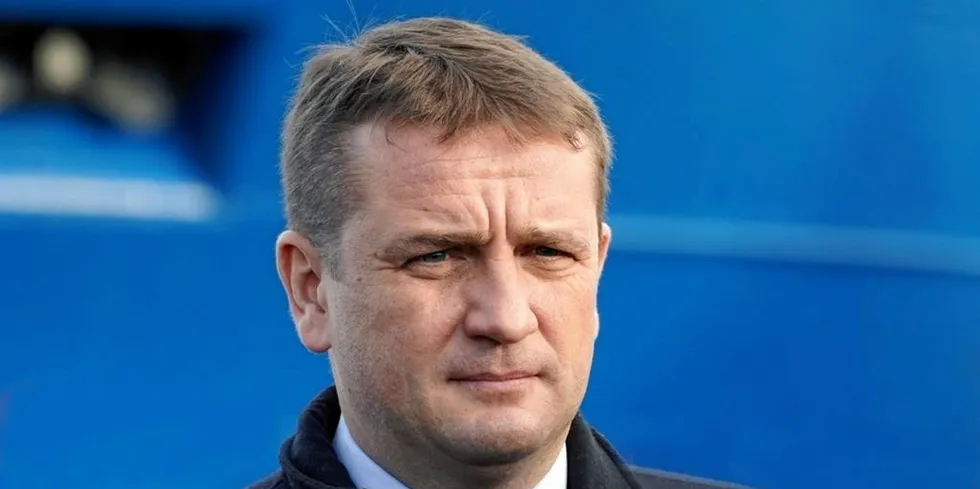Russia threatens to quit key North Atlantic fisheries regulatory body; says it may instead work with China
The head of Russia's federal fishery agency said the organization -- the most important group guiding fisheries harvests and allocations in the North Atlantic -- has become politically motivated.
